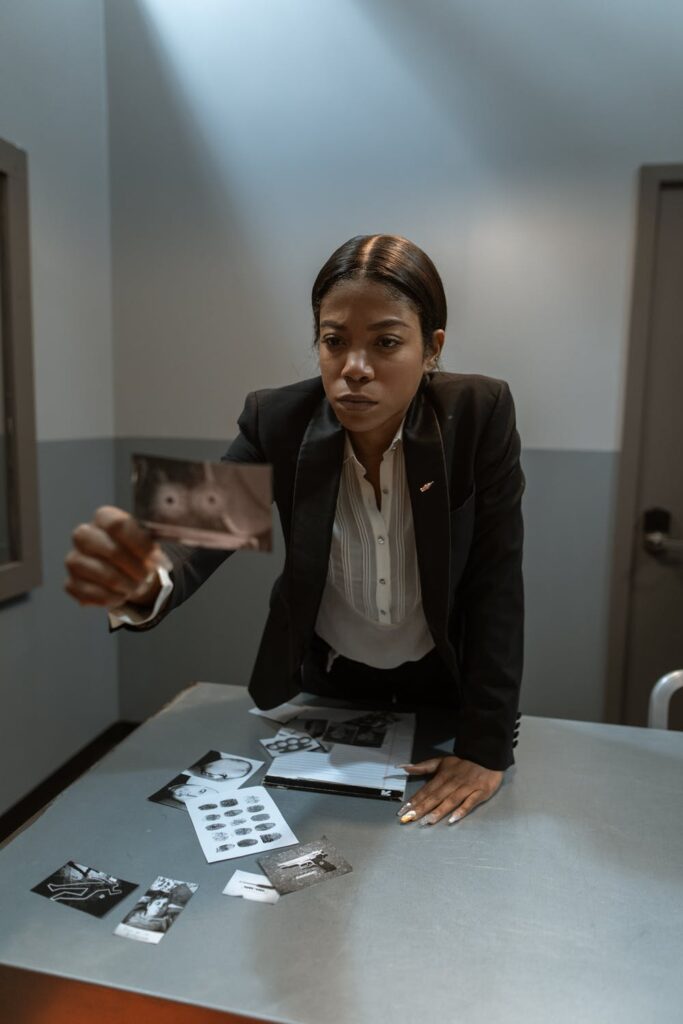
Are you a true crime fan? No shame if the answer is yes; it’s a cultural phenomenon with websites, media networks, movies, books, and communities all built up around the fascination with the dark side of what humans are capable of. Whether you have morbid curiosity about the things bad guys do, or how their victims may have fought back, survived, and moved on with their lives, you are in good company with millions of others who also can’t keep their eyes averted from at least some aspect of true crime media. We love “ripped from the headlines” and “based on a true story” for reasons ranging from prurient interest to wanting to learn what you can about what’s out there and what you can do about it.
That latter reason is what I’m interested in, and something you should inject into the true crime that you read or watch (because I’m going to assume that you do, and that you’d appreciate a justification for it). One of the major reasons victims have trouble defending themselves from violence of all sorts is because they lack what many of my colleagues would term a “parking space in their heads” for what is occurring. True crime, and its close cousin of tracking crime news, exposes us to all of the bad people and bad things that can happen, so we are less surprised if we actually run across it. The less surprised we are, the more we likely able to respond, and to respond quickly enough to make a difference in the outcome. It also helps inspire us with various ways fighting back has been successful, or give us insight into the tools and skills that might help us win our own fights against similar attacks.
We have to be careful, though, because it can be unhealthy to spend too much time immersed in these sorts of topics. It can be profoundly depressing and distressing to see the worst of humanity over and over again, to lose sight of the good and the happy. We can also become numb to atrocities, and no longer see them to be as terrible as they are. If you have bad dreams or illogical paranoias fed by your true crime habit, you wouldn’t be the first and only one. All that, and you might not be equipped to learn the lessons that can be found in those stories, even if one of the reasons you follow them is to learn information relevant to keeping yourself safe. Some of figuring that out is being able to extract certain types of details and synthesize them into useful conclusions, which requires both data analysis skills and a sufficient knowledge base. Another part of that is simply having the time and access to dig into enough stories to figure out what which are outliers and which are not, often made more challenging by incomplete or fictionalized accounts.
Fortunately, there’s a shortcut…relatively speaking, anyway. You can learn in a compressed format from a scholar who has done the work to gather and synthesize all of the different subject areas that go into understanding bad guys and how to survive them. Not only will you get a summary of what you need to know, you’ll get enough background to be more productive in the future as you continue exploring (being fascinated by) true crime. Even if you think you already have some pretty good ideas in those areas, listening to an expert discuss their ideas will help you solidify and refine your thoughts.
That’s what I’ll be doing for two days in August 2022, as I’m signed up to be a student at John Hearne’s “Who Wins, Who Loses, and Why” and “Defeating Violent Criminals” classes. Want to join me? Hit the links, or click here to attend both classes with me.





